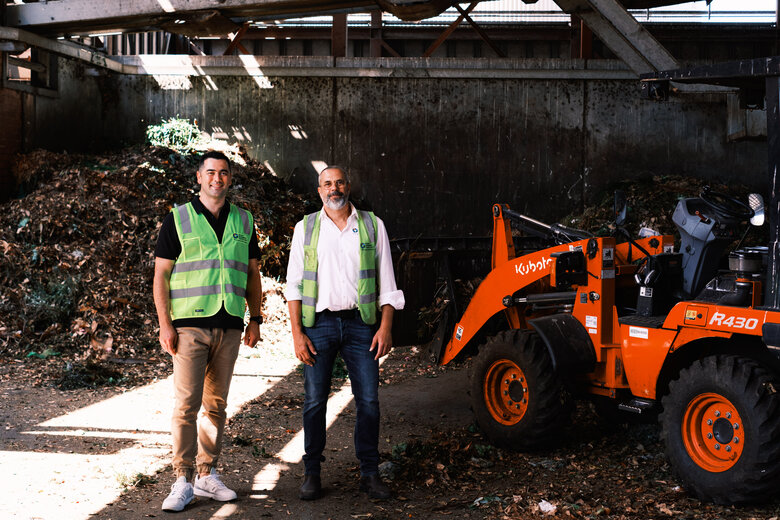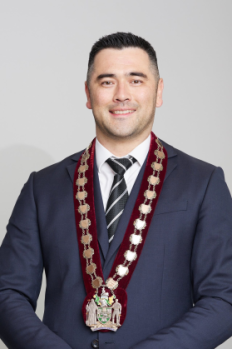
City of Subiaco in Perth says it has achieved a 20 per cent reduction of waste being sent to landfill and produced hundreds of tonnes of compost six months after introducing a FOGO service.

Food scraps and garden waste recycled under the City’s three-bin system is being turned into compost rather ending up in landfill and producing greenhouse emissions.
Since its implementation in May 2023, more than 800 tonnes of organics have been diverted from landfill and more than 1,000 tonnes of organic material has been processed into compost, the Subiaco says.
It’s necessary to add other organic material to the FOGO-derived material to meet Australian standards, but the City estimates the final product consists of up to 25 per cent FOGO.
The FOGO-derived compost is available for residents to buy at the West Metro Recycling Centre for $5.50 a bag, and the City’s Parks team is currently exploring the use of FOGO-derived compost on local verges and in parks and reserves.
Dealing with soft plastics contamination
The FOGO waste has a contamination rate of around 2 per cent, with soft plastics including wrappers, plastic bags and packaging accounting for most of it.
The City has undertaken a commincations campaign to drive home to the community that only certified compostable plastic is permitted in FOGO with food scraps and garden waste.
However every load is inspected and manually checked to remove contamination of all variety.
Mayor David McMullen says the introduction of FOGO has also seen many households downsize their general waste bins.
We expected that FOGO would have a significant and long-lasting impact on the environment so it’s encouraging to now start seeing data to quantify how much the change is paying off.
Mayor David McMullen
“The community has really embraced FOGO and the numbers reflect this – with an impressive 20 per cent reduction in waste to landfill,” Mayor McMullen said.
“We expected that FOGO would have a significant and long-lasting impact on the environment so it’s encouraging to now start seeing data to quantify how much the change is paying off.”
The City is a member of the Western Metropolitan Regional Council, which has engaged contractor GO Organics for the composting process.
After being collected at West Metro Recycling Centre the FOGO is sent to the GO Organics composting facility in Boonanarring for processing.
There, it goes to an enclosed forced aeration facility, which heats the material to kill any pathogens. Grinding and screening equipment and open-air windows are used to compost the materials over several weeks.
*main image: Mayor David McMullen with Manager Operations at Western Metropolitan Regional Council, Peter Engel (image supplied by City of Subiaco)
Comment below to have your say on this story.
If you have a news story or tip-off, get in touch at editorial@governmentnews.com.au.
Sign up to the Government News newsletter